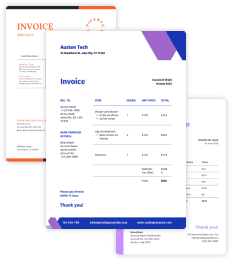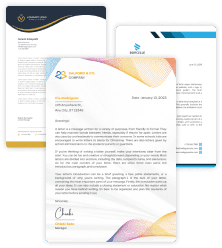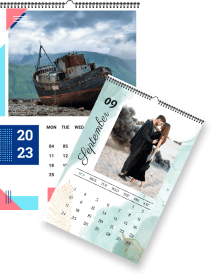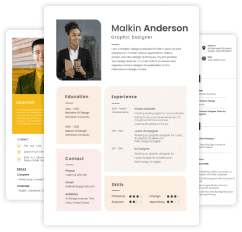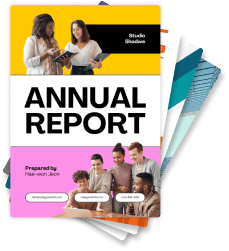Industry
Category
Invitation
Social Media
Marketing

Choose a design that aligns with your brand's visual identity.

Include all necessary information such as your company name, logo, address, and contact details.

Decide on the format, whether it will be in digital or print form.

Select a suitable paper type and quality for printing if required.

Ensure legal compliance by including any mandated information such as tax registration numbers or legal disclaimers.
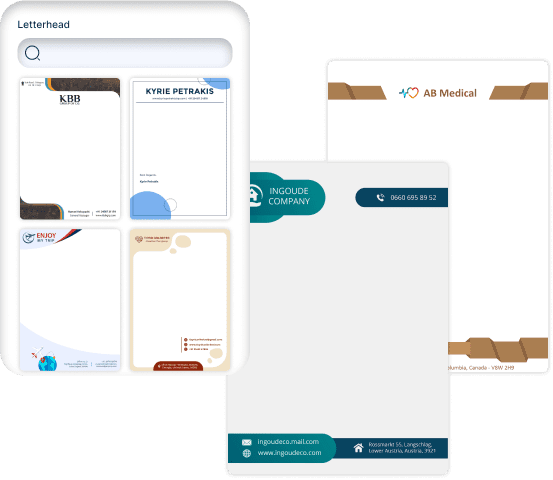
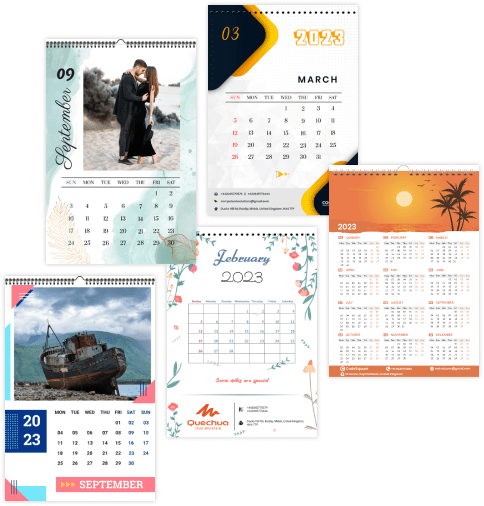

Decide on the type of calendar, whether it's a wall calendar, desk calendar, or an online calendar.

Choose a visually appealing design that incorporates your branding elements.

Add important dates such as holidays, events, and deadlines related to your business.

Determine the level of detail to include such as weekly or monthly views, time zones, and notes sections.

Ensure the calendar is up-to-date and easily accessible to your audience.

Tailor your resume to the job you're applying for by highlighting relevant skills and experiences.

Use clear and concise language to showcase your achievements and accomplishments.

Structure your resume in a logical and easy-to-read format.

Proofread your resume multiple times for errors in grammar, spelling, and punctuation.

Save your resume in a widely accepted format such as PDF to ensure compatibility with different systems.
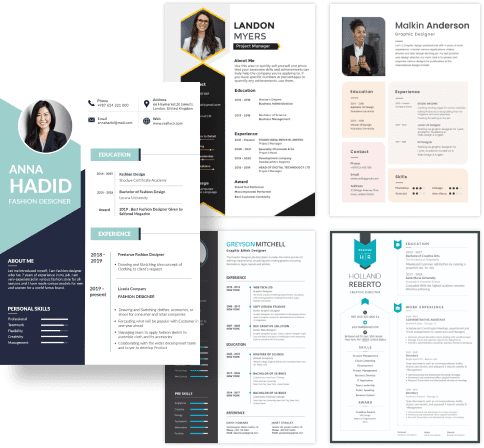
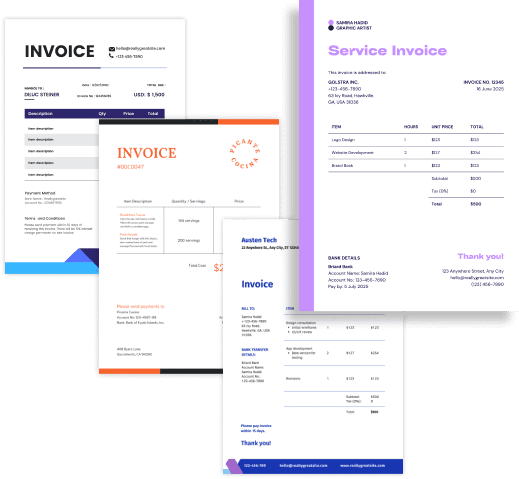

Include all essential information such as the date, invoice number, and billing details.

Clearly specify the products or services provided along with their quantity and price.

Set payment terms and methods of payment.

Personalise the invoice by adding your logo and branding elements.

Ensure the invoice is accurate and error-free before sending it to your clients.

Define the objective and scope of the report.

Conduct research and gather relevant data to support your findings.

Organise the report into sections and include an executive summary for easy comprehension.

Use graphs, charts, and other visual aids to present the data effectively.

Proofread and edit the report for clarity, coherence, and accuracy.
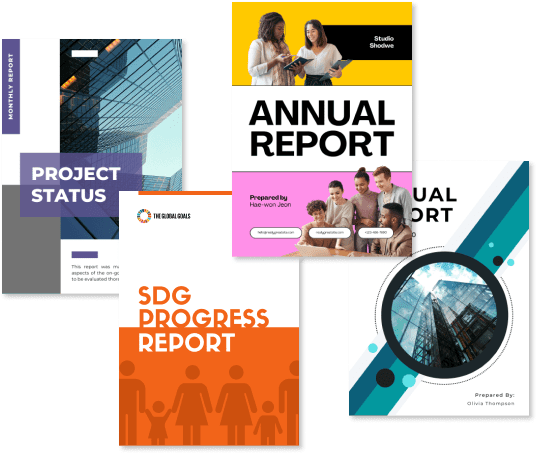
Some Popular Questions/Answered
Business templates are pre-designed documents or forms that can be customised and used for various business purposes, such as invoices, contracts, business plans, and marketing materials.
Yes, most business templates can be customised to fit the specific needs of your business. You can typically edit text, add or remove sections, and customise the design elements to match your branding.
While business templates are designed for professional use, there's no reason why you couldn't adapt them for personal use. For example, an invoice template could be used for tracking expenses or billing clients for freelance work.
Using business templates can save time and improve efficiency by providing a starting point for commonly used documents and forms. They can also help ensure consistency and professionalism in your business communications.
Unlock the Power of Templates with 5000+ Business Document Templates.
Design your business documents effortlessly and transform your workflow today!
Get a headstart with fully customizable templates
